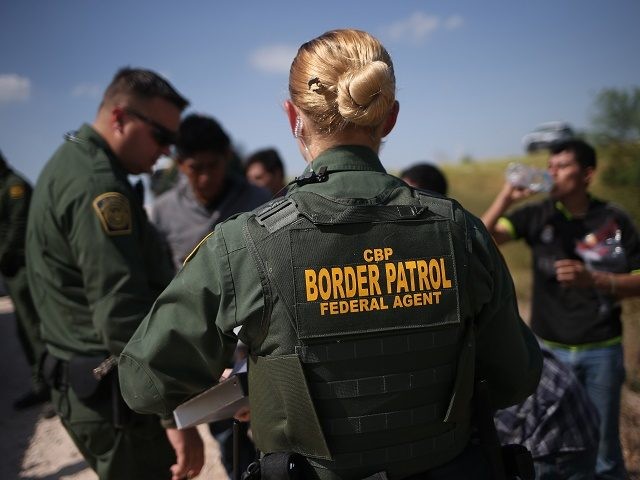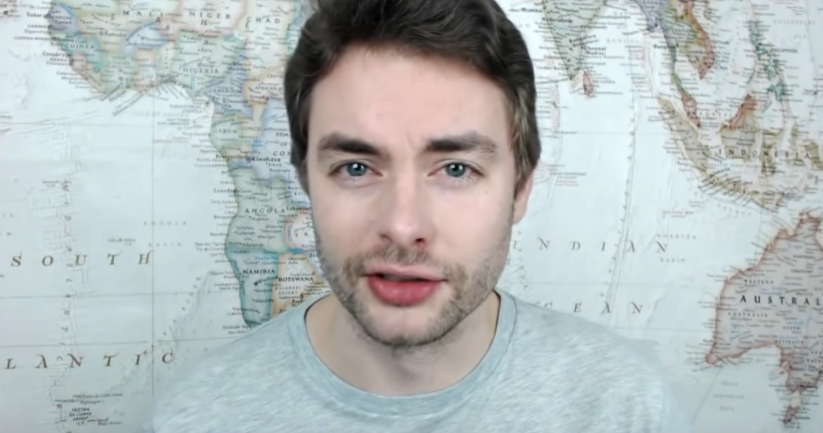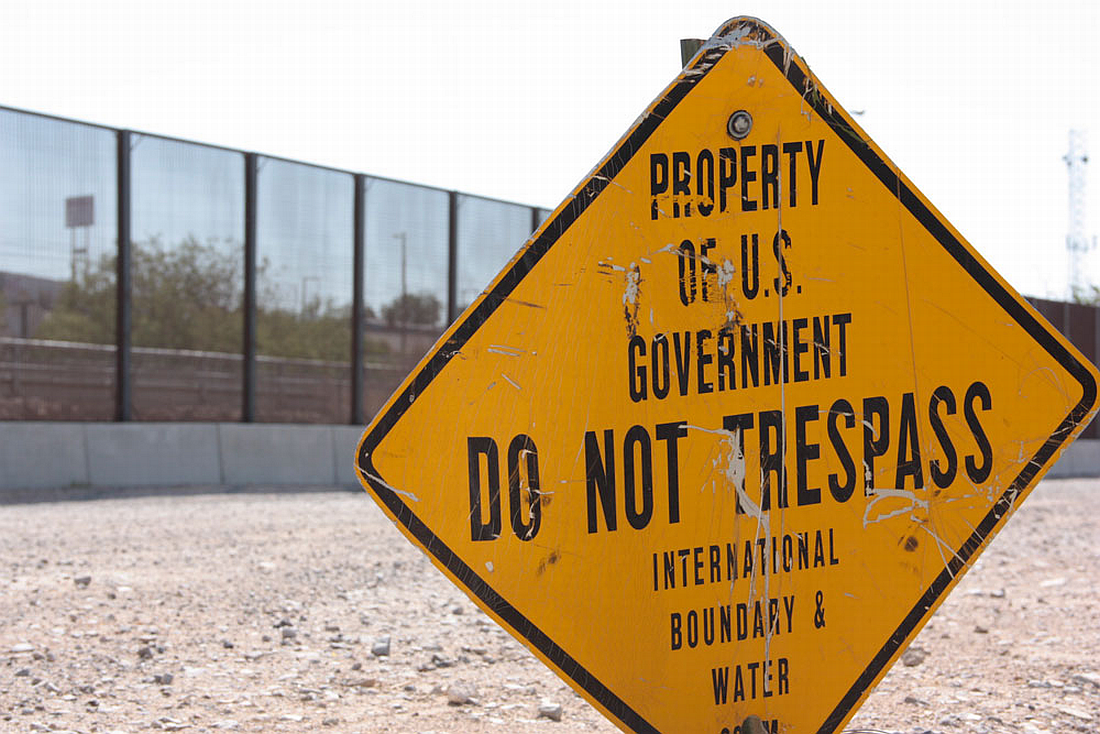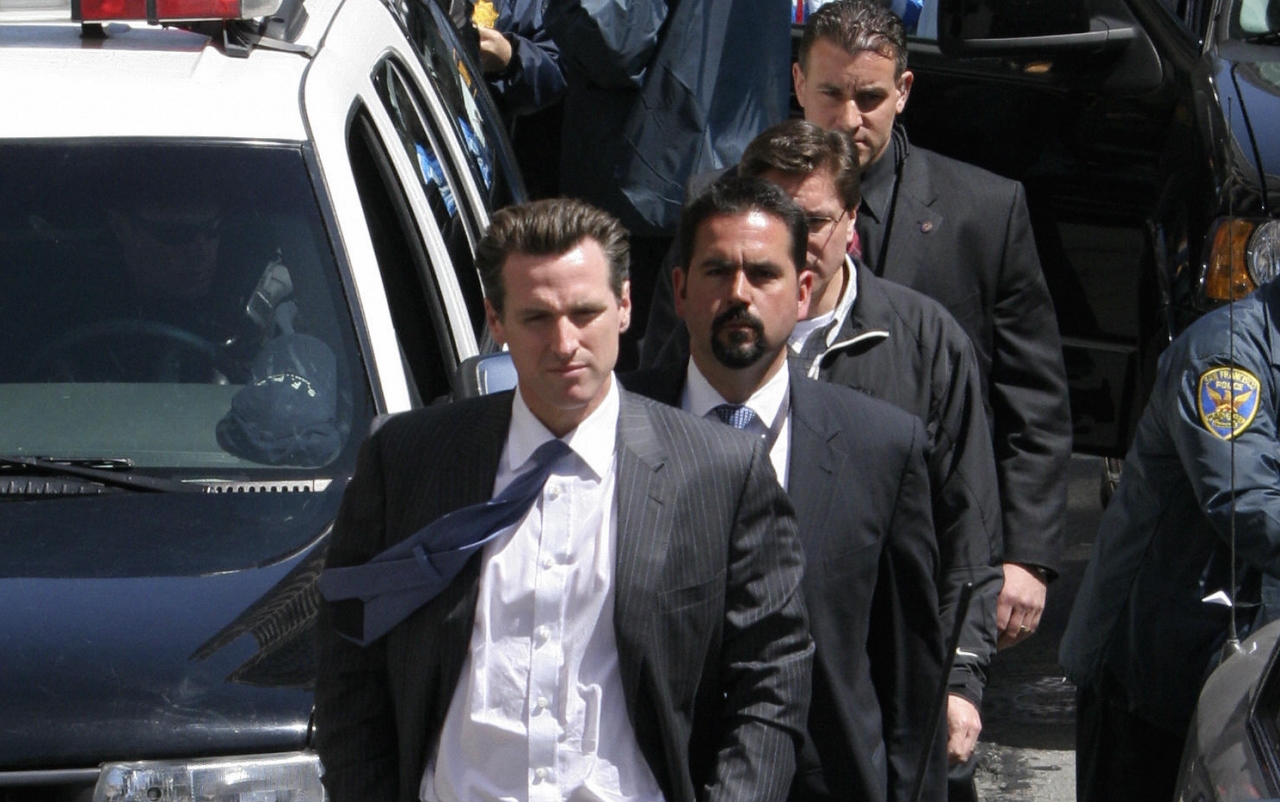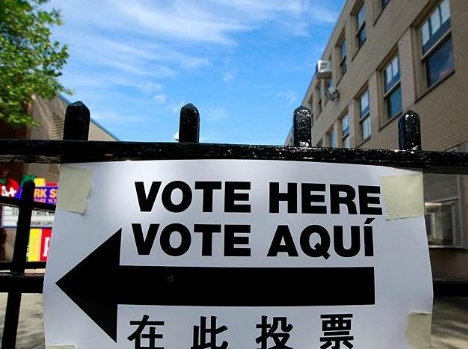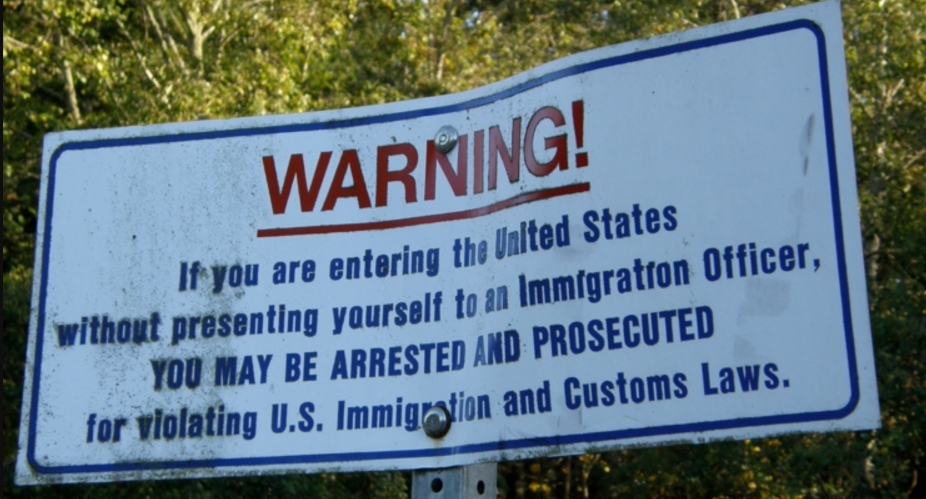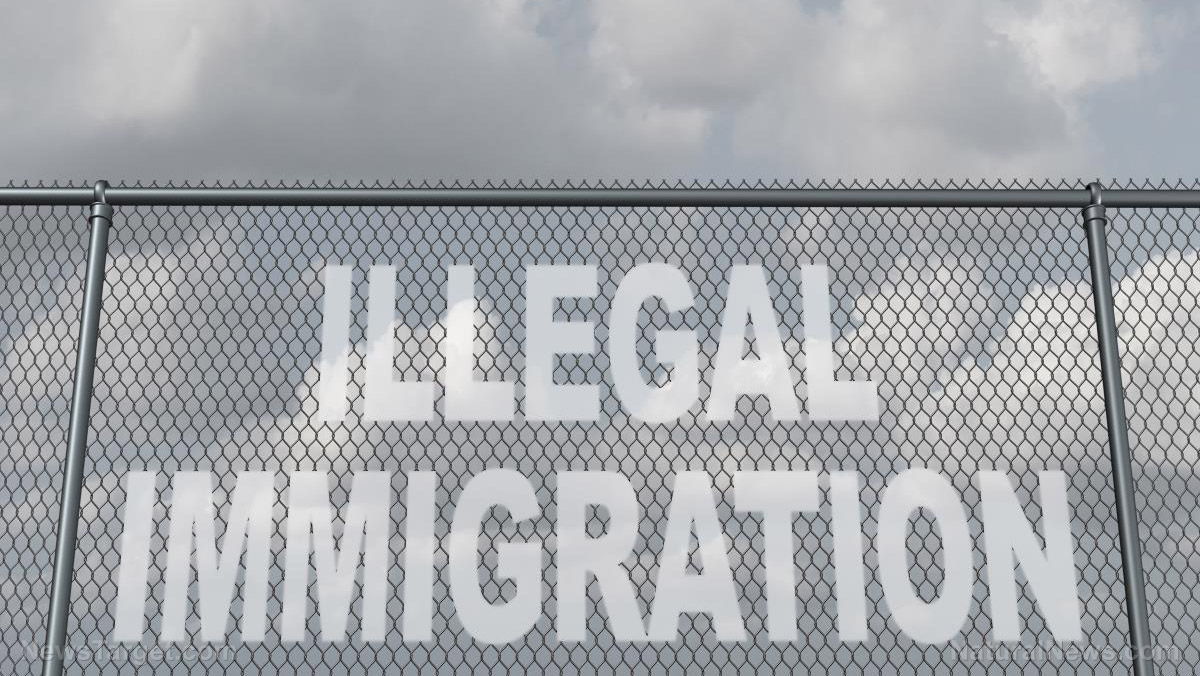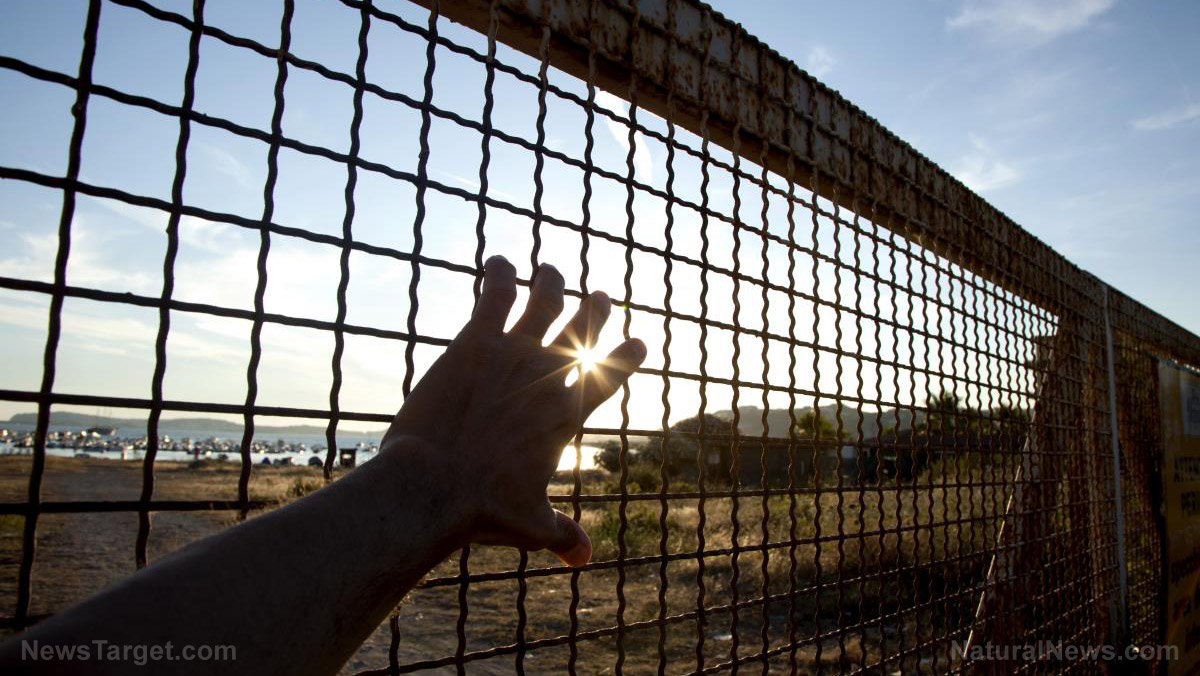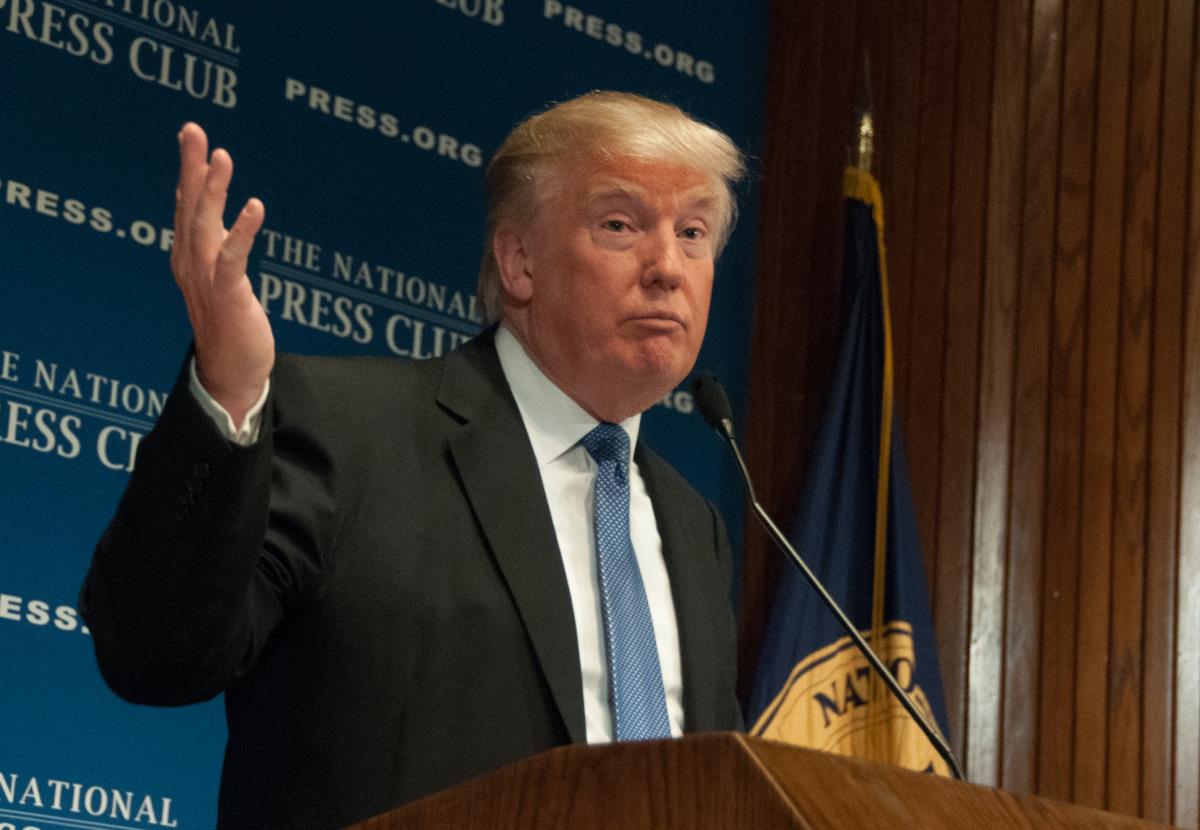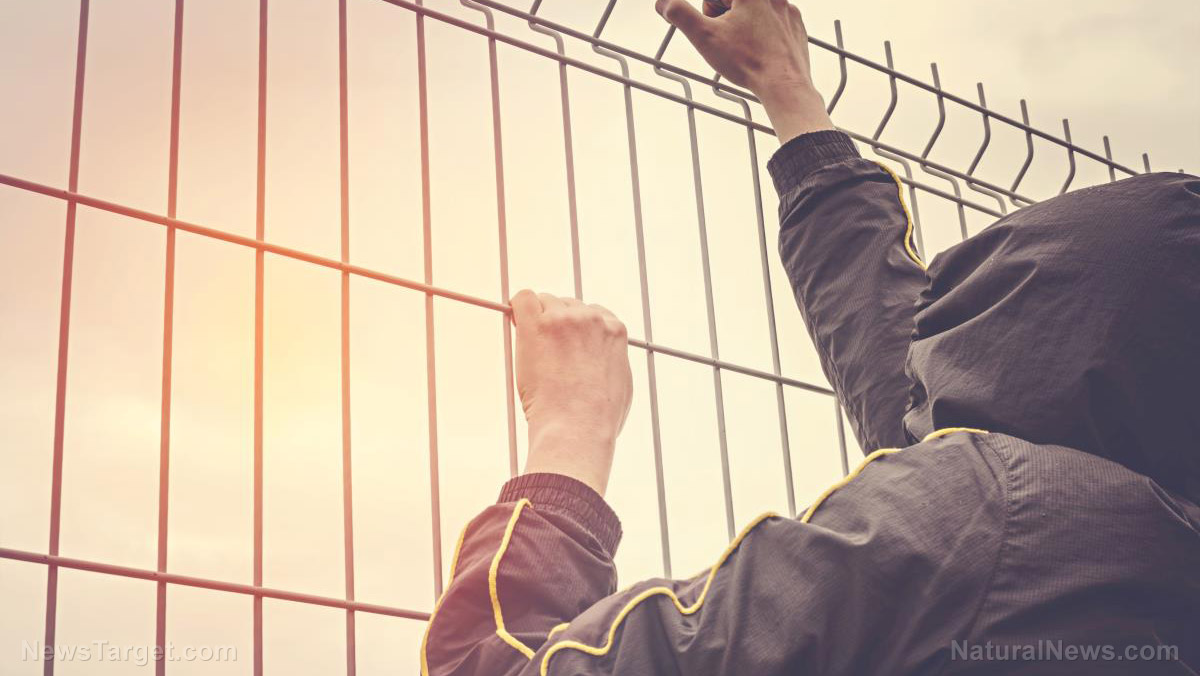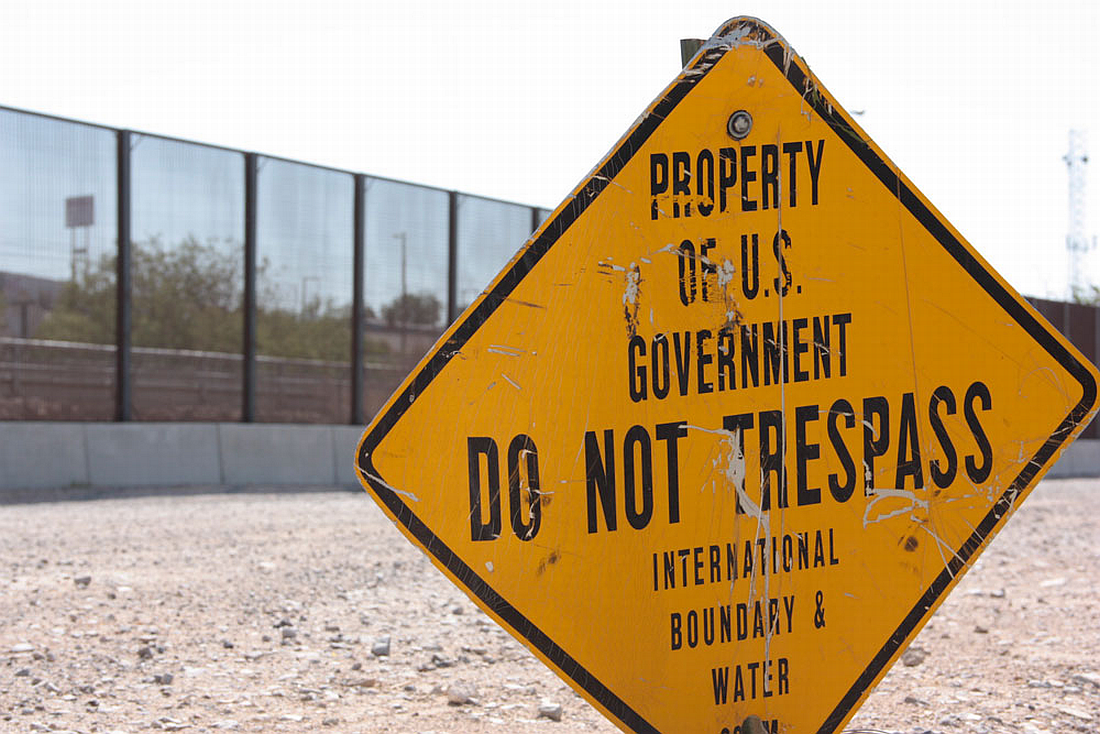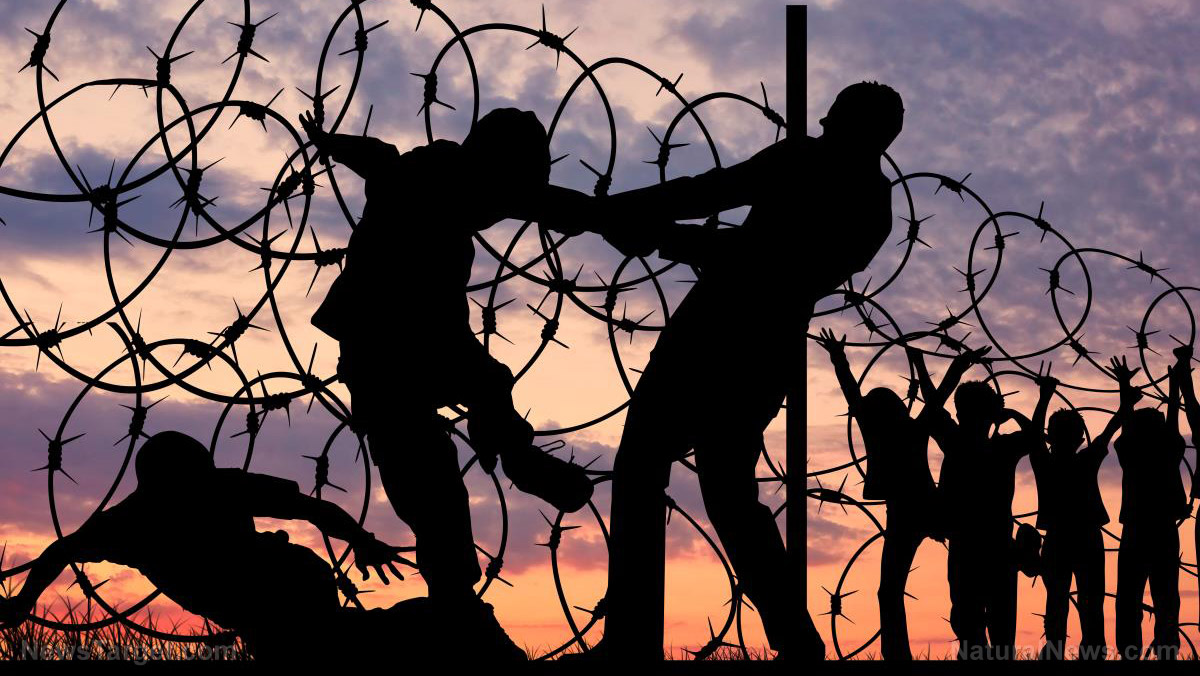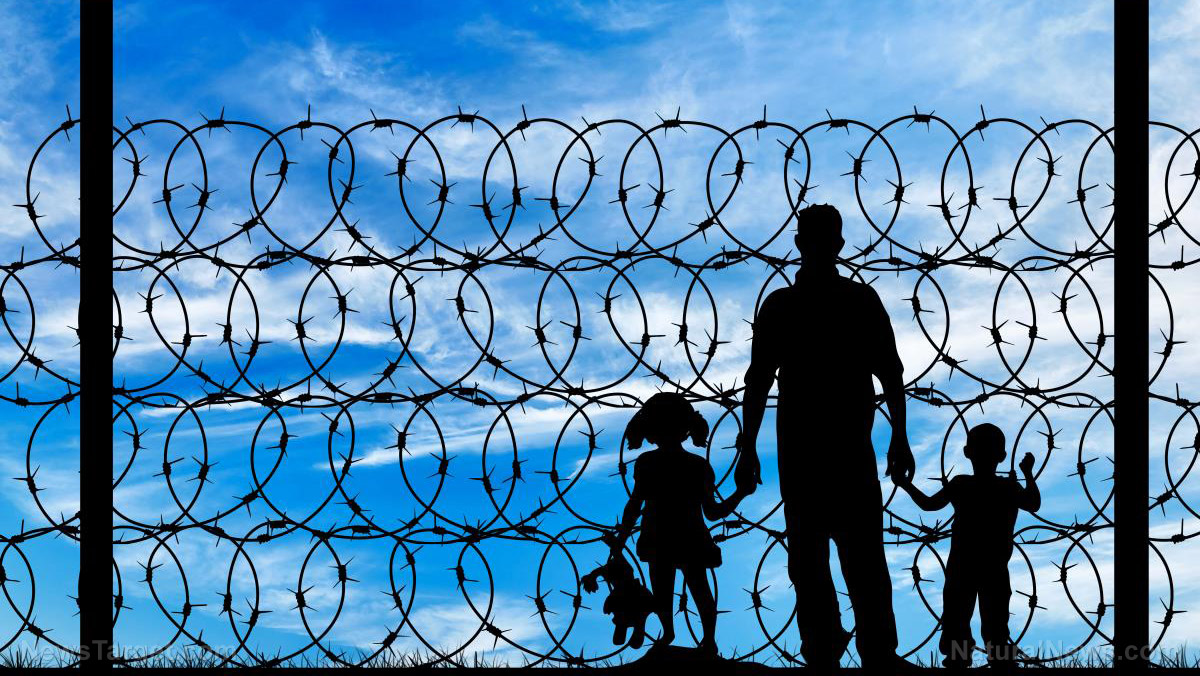Malloch: The new Dark Age of European progressivism
10/01/2018 / By News Editors
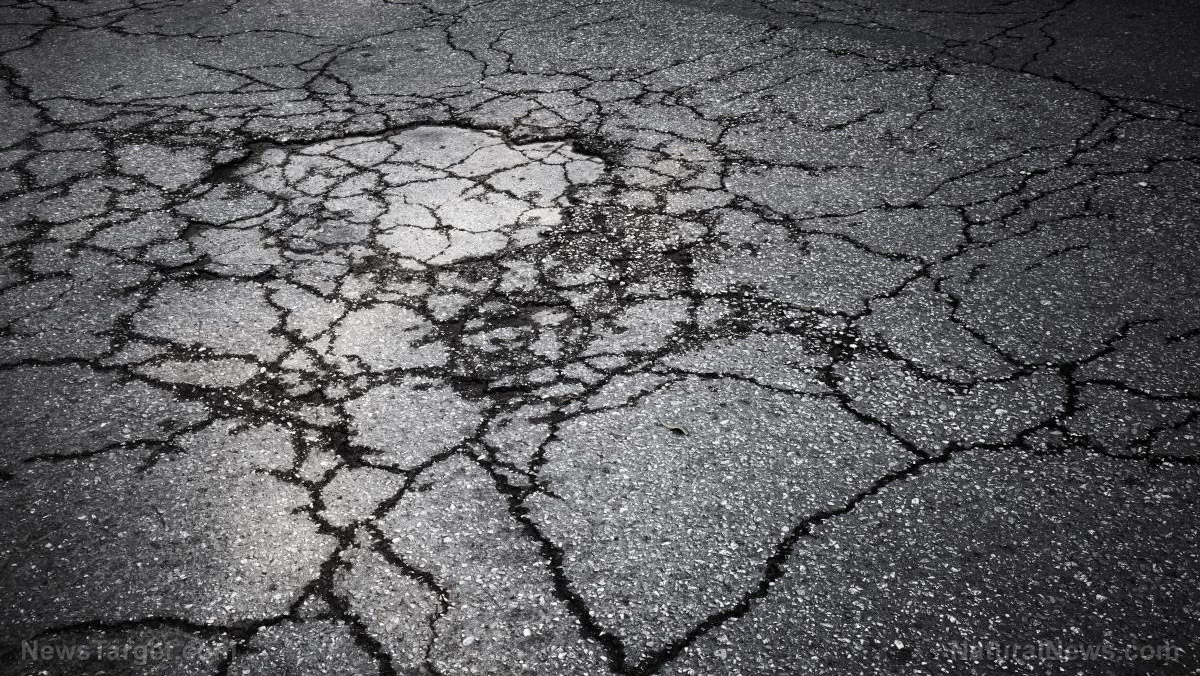
I readily admit to being a Europhile.
(Article by Ted Malloch republished from TheGatewayPundit.com)
My family roots in Scotland and Holland and my entire education, faith and upbringing, while quintessentially American—are deeply rooted in the European experience.
My faith is founded in the Protestant Reformation that shook Europe 500 years ago.
I spent formative summers teaching and touring throughout all of Europe while I was in graduate school and as a young professor. I still recall with wild enthusiasm my first trip to Europe in 1972 at age 19.
I studied and took degrees and have lectured at European universities. I was a Deutches Austauschendienst at Kiel Universitat and was made an honorary member of the Christian Democratic Party of the Netherlands as early as 1979. More recently I was a visiting professor at the ancient Tubingen University in Germany.
I was president of the four ancient Scottish Universities trust in the US. I wrote a doctoral dissertation largely about European ideas—in politics, philosophy and economics.
I spent four years in Geneva, Switzerland in an ambassadorial post in the UN in the late eighties until 1992 when European history shifted and the cold war ended. I had a front row seat as a deputy executive secretary of the UN Economic Commission for Europe.
I was an executive board member of the World Economic Forum, which started as the European Management Forum for CEOs.
I was actually present at the Berlin Wall just days after it came down. My friends in Eastern Europe, the radical economists, all became leading figures—ministers, central bankers and prime ministers in their respective countries after the fall of the Soviet Union.
I was an advisor to the Polish government during its shock therapy and privatization. I speak several European languages, regularly read European books, magazines and newspapers and have been a firm supporter of the so-called Atlantic alliance my entire life.
More recently I have lived in the United Kingdom and taught at Oxford University and visited and spoken on the continent regularly.
To steal a line from President Kennedy, Ich bin ein Europaisch.
So, it is with a deep sense of disappointment and true sadness that I have to say what I am about to say.
Europe is dying.
A new Dark Age is coming.
Europe’s churches are empty. Mass last Sunday, in a gothic cathedral, one of the largest in Europe, was virtually unattended. Not just sparsely filled–it was, except for a handful of tourists, vacant. Mass was being conducted in a side chapel fit for the couple dozen worshipers, older women who showed up for it.
Europe is adrift without a soul and evolving rapidly away from its moorings.
I am sorry to report that this glorious, historic cathedral is hardly the exception. Most of Europe’s churches are unused these days, reduced to monuments for tourists and artists to admire.
And there is a reason for this neglect.
In his brilliant book,” The Cube and the Cathedral,” George Weigel describes a progressive European culture that has become not only increasingly secular but in many cases downright hostile to Christianity.
The cathedral in his title is Notre Dame, now overshadowed in cultural importance by the Arc de la Defense, the ultra modernist “cube” that dominates an office complex outside Paris. “European man has convinced himself that in order to be modern and free, he must be radically secular,” Weigel writes. “That conviction and its public consequences are at the root of Europe’s contemporary crisis of civilizational morale.”
It is true you will remind me that throngs of believers descended on Rome to bid farewell to Pope John Paul II. And yet even as Catholics mourned that pope’s passing, Socialists and Greens in France decried the French government’s decision to fly the flag at half-mast in his honor. Officials were reduced to claiming, in response, that the honor was afforded to John Paul in his capacity as a head of state, not as a religious leader.
The incident that forms the centerpiece of my critique is the debate over whether “Christianity” should be explicitly acknowledged in the European Union’s constitutional treaty. By the time the constitution was completed a grudging reference to ‘the cultural, religious, and humanist inheritance of Europe’ had been shoehorned into the preamble’s first clause. That’s all.
This was about as much religion as Europe could stomach in a constitution that runs some 70,000 words.
Practicing Christianity in Europe today enjoys a status not dissimilar to smoking marijuana or engaging in unorthodox sexual activities–few people mind if you do so in private, but you are expected not to talk about it much or ask others whether they do it too.
Christianity is considered at best retrograde and atavistic in a self described “progressive” society devoted to obtaining the good material life–long holidays, short work hours and generous government benefits.
What is the deeper source of European antipathy to religion?
For Weigel, the problem goes all the way back to the 14th century, when scholastics like William of Ockham argued for “nominalism.” According to their philosophy, universals–concepts such as “justice” or “freedom” and qualities such as “good”–do not exist in the abstract but are merely words that denote instances of what they describe. A current of thought was set into motion, Weigel among others believes, that pulled European man away from transcendent truths.
One casualty was any fixed idea of human nature.
If there is no such thing as human nature, then there are no universal moral principles that can be read from human nature. If there is no universal moral truth, then religion, positing them, is merely a form of oppression or myth, one from which Europe’s elites see themselves as now liberated.
And they look down on us, their American and third world cousins, who continue to believe in such irrational flights of fancy.
As Richard Weaver’s said in Ideas Have Consequences, “The issue ultimately involved is whether there is a course of truth higher than, and independent of, man,” Weaver explained a half-century ago, “and the answer to the question is decisive for one’s view of the nature and destiny of humankind.”
I think the critics are on firm ground when they analyze Europe’s present condition, with its low birth rates, heavy government debts, Muslim immigration worries and tendency to carp from the sidelines when the fate of nations is at stake.
This is European progressivism — and it is coming to America.
In what is certainly the most attention-grabbing passage in an engagingly written book, Weigel sketches the worst-case scenario–the “bitter end”–for a Europe that is religiously bereft, demographically moribund and morally without a compass: “The muezzin summons the faithful to prayer from the central loggia of St. Peter’s in Rome, while Notre-Dame has been transformed into Hagia Sophia on the Seine–a great Christian church become an Islamic museum.”
One need not find this scenario altogether plausible to feel persuaded by measured arguments about Europe’s atheistic progressive humanism and European Union generated globalism—a cosmopolitanism severed from Europe’s past.
Without a religious dimension, a commitment to human freedom is likely to be attenuated, too weak to make sacrifices in its name.
Europe’s political elites especially, but its citizens as well, believe in freedom and democracy of course, but they are reluctant to put the “good life” on hold and put lives on the line when freedom is in need of a champion — in the Balkans, the Sudan, Darfur or, in the Middle East.
The good of human freedom, by European lights, must be weighed against the risk and cost of actually fighting for it.
It is no longer transcendent, absolute.
In such a world, governed by a narrow utilitarian calculus, sacrifice is rare, churches go unattended and over time the spiritual capital that brought forth all that we know as the West is at risk of being lost.
Let me name five things that might turn the tables and perhaps, even begin to, if I was so bold to suggest, revive Europe.
First, coming to grips with its unique place in world history and renewing the importance and source of those original ideals.
Second, some comprehension that culture matters and Europe’s culture has been the most formative for Western-Christian civilization, what used to be termed, Christendom.
Third, accepting the social, political, economic and especially military responsibility of a great continent, now more and more united.
Fourth, realizing the too evident demographic realities and Islamization and stepping up to reverse them so as to avoid an eventual Eurabia.
And finally, and most critically in my estimation as a Christian, sparking the second great Reformation, spiritually such that there is a wider recognition of transcendence and a moving of the spirit of God across the whole continent from the western most shores of Portugal, Ireland and Britain to the eastern most steppes of Russia.
I pray every day for such transformation and reawakening.
Weigel suggests Europe is a society adrift, untied from the source of its greatness – the very cultural foundation which provided the values making Europe great is disintegrating, leaving Europe (and soon the entire West, including America) on sinking sand.
More specifically, as the past is erased, re-written, or ignored the rich Judeo-Christian history of Europe is being left behind.
And at what cost?
Why is European productivity dwindling to an all time low? Why is European politics rife with senselessness? Why does Sweden have a considerably higher level of its population living below the poverty line? Why is Europe undergoing the ‘greatest sustained reduction in European population since the Black Death of the 14th century’? Why are ‘open borders’ changing the very definition of Europe?
Could the recent woes of Europe be tied to the ever-decreasing Christian minority on this now decidedly post-Christian “progressive” continent?
I am reminded of Orwell’s quote, “We have now sunk to a depth at which restatement of the obvious is the first duty of intelligent men.”
We should restate the obvious, “culture determines civilization.”
And without its distinctly Christian history, Europe would not be what it is. Or perhaps, Europe would not have been what it was.
However, from the perspective of our American pilgrim tradition there is more to lament than the secondary effects of a decline in European productivity, living standards and art.
That is, merely reviving spirituality as an end in itself is not what Europe needs.
It demands rather a call back to its first love, to the God who blesses and rewards those who diligently seek and serve Him.
Read more at: TheGatewayPundit.com
Tagged Under: community, dark age, deception, economy, Europe, government, Liberty, mainstream media, politics, progressivism, propaganda, Social media, society


